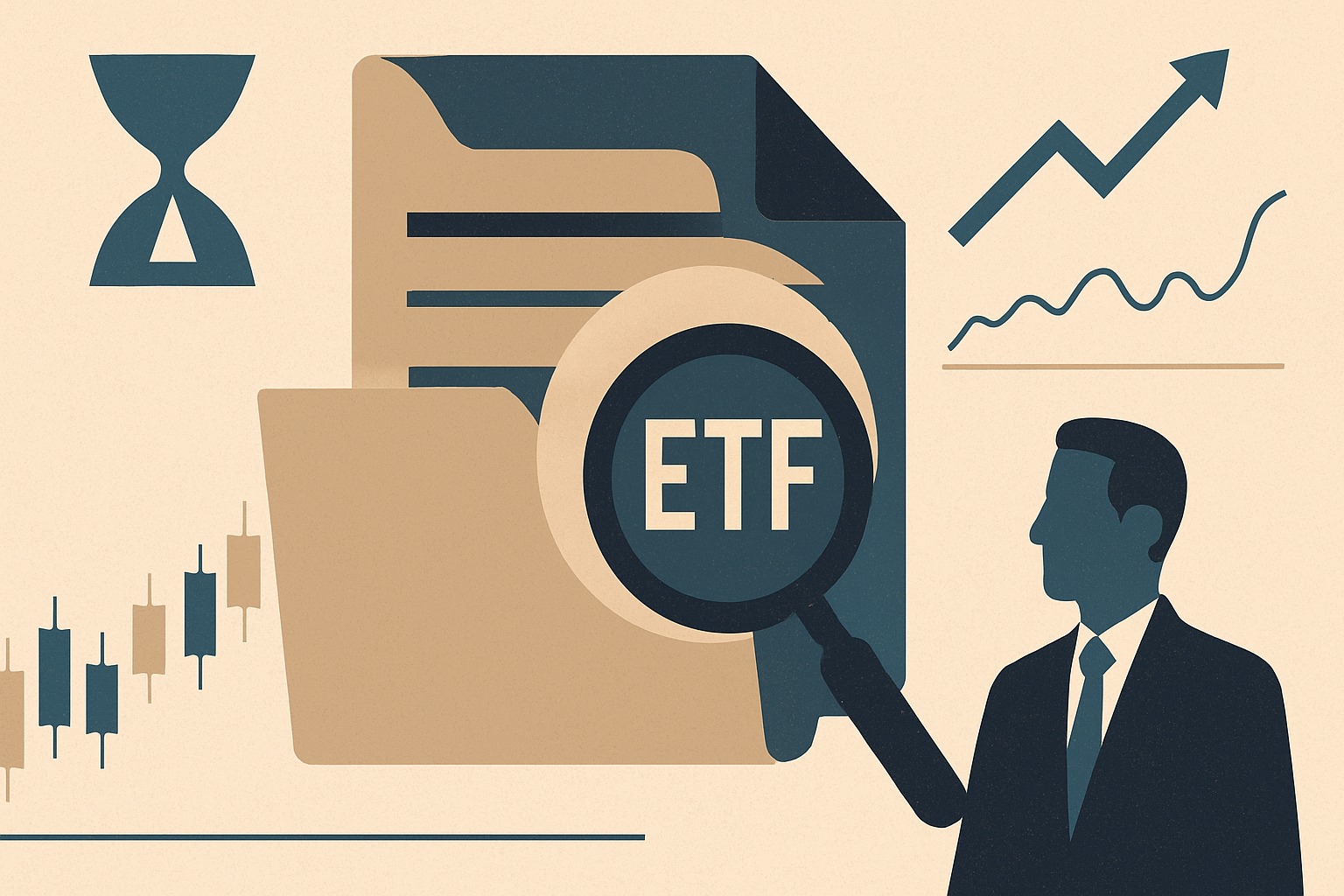French finance minister Éric Lombard has urged compromise on the country’s 2026 budget, warning that if the government falls in a confidence vote next week, any new administration would be obliged to negotiate with opposition parties to secure approval.
Political Turmoil in Paris
Prime Minister François Bayrou has tied his government’s survival to a surprise confidence vote on his fiscal plans scheduled for Monday. His minority government faces a strong risk of defeat after the Socialist Party, whose support is crucial, announced it would not back the motion.
Bayrou has pushed for €44bn in deficit reduction through a mix of spending cuts and tax increases. The Socialists instead proposed a scaled-down €22bn package, largely funded by a new 2% annual wealth tax on individuals worth over €100mn.
Lombard, while insisting that Bayrou’s more ambitious plan is necessary, acknowledged that if the government collapses, the political arithmetic in parliament would force concessions. “If by chance the government falls, on Monday night I would call them,” Lombard said, stressing that talks with the left would become unavoidable.
Balancing Deficit Cuts and Growth
France is under pressure to reduce its deficit, which stood at 5.8% of GDP in 2024. The government targets a reduction to 5.4% in 2025, and Bayrou aims to reach 4.6% by the end of 2026. The Socialists, however, propose a slower adjustment, seeking a 5% deficit by 2026 and pushing the EU’s 3% deficit target deadline back to 2032 instead of 2029.
Lombard argued that while there is disagreement on the pace of adjustment, there is still “space for discussion.” He reaffirmed that the 3% deficit target for 2029 was non-negotiable, as it represents a commitment to the EU.
The minister also ruled out imposing new taxes on businesses, including extending a one-year levy on large companies introduced in 2025. However, he left open the possibility of higher taxes on wealthy individuals — a central demand of the Socialists — while warning that excessive measures could trigger capital flight.
Market and Investor Concerns
Financial markets have reacted nervously to the political uncertainty. France’s 10-year bond yields recently climbed above 3.6%, close to their highest level since 2011 and approaching those of Italy, long seen as one of the Eurozone’s most vulnerable borrowers.
Bayrou has warned that France risks sliding into a Greece-style debt crisis if decisive action is not taken. Lombard dismissed such fears, saying: “We will take care of the deficits.” He expressed confidence that France would meet its 0.7% GDP growth forecast for 2025 but cautioned that bond investors would not show leniency if fiscal policy appeared irresponsible.
A key test will come on September 12, when Fitch is due to review France’s credit rating, currently at AA- with a negative outlook.
The Road Ahead
France’s fractured political landscape has complicated governance since President Emmanuel Macron lost his parliamentary majority in early legislative elections last year. Bayrou is the fourth prime minister in two years. The far-right Rassemblement National has stepped up calls for fresh elections and for Macron to step down, further intensifying the political stakes.
Despite the uncertainty, Lombard said he hopes to remain finance minister, should Macron request it. “I won’t hide the fact that I think it is a magnificent ministry where we can do many useful things,” he said.








